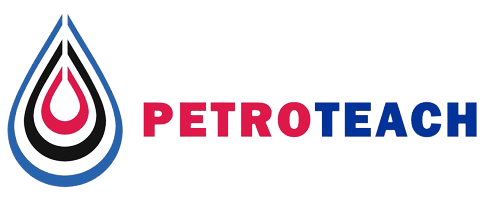
COURSE SCHEDULE
| Code | Date | Location | price (€)* |
|---|---|---|---|
| DAT 604 | 3 - 4 Dec 2025 | Online | 850 |
| DAT 604 | 25 - 26 Jun 2025 | Online | 850 |
| DAT 604 | 30 - 31 May 2025 | Stavanger | 1990 |
| DAT 604 | 15 - 16 Oct 2025 | Abu Dhabi | 1990 |
* Prices are subject to VAT and local terms. Ph.D. students, groups (≥ 3 persons) and early bird registrants (8 weeks in advance) are entitled to a DISCOUNT!
COURSE OVERVIEW
As the petroleum industry places an increasing reliance on software and technology, the underlying math is largely hidden from the users and those who understand this math have a significant career advantage. Participants on this course will benefit from a sympathetic approach to bring their practical math skills up to speed.
COURSE OUTLINE
2 days
Day 1
o Overview of mathematics in E&P
o Class discussion on additional topics or areas of significant weakness that need more attention
o Probability and statistic
o Types of data, scales of measurement and uncertainty in received data
o A short review of probability including Bayes theory
o Univariate and bivariate statistics
Day 2
o Trigonometry and Geometry
o Distance, areas and volumes
o Coordinate system
o Data fitting and testing
o Linear and non-linear relationships
o Goodness of fit
o Parameter estimation
o Confidence limits
o Advanced Excel skills
INSTRUCTOR

Professor Stephen Tyson
Professor Stephen Tyson is the Chair Professor in Petroleum Engineering at Universiti Teknologi Brunei and is responsible for the development of teaching and research in this area. Previously he was the Chair of Subsurface Modeling at the Centre for Coal Seam Gas and Director of the Centre for Geoscience Computing in the School of Earth Sciences at The University of Queensland. He has worked in reservoir characterization and modeling in the oil industry for more than 30 years in both conventional and unconventional reservoirs. He has worked extensively in the Asia-Pacific and Australia. His current research interests are in model validation, verification and acceptance criteria for both static and dynamic models, upscaling, uncertainty modeling and non-linear geostatistics. He is also an honorary professor in Petroleum Engineering at the University of New South Wales and EAGE instructor.
FAQ
DESIGNED FOR
The course is designed for geologists and geophysicists who wants to be more familiar with mathematics and its application on their daily work.
COURSE LEVEL
o Beginner to Intermediate
LEARNING OBJECTIVES
The learning objectives of this course are:
o An understanding of the basic mathematics in the following areas:
o Probability and statistics.
o Data fitting and testing.
o Better Excel skills and an ability to use Excel efficiently in E&P challenges.
o An understanding of the principles of scripting to run software more effectively.
REGISTER
Registration is now OPEN!
* Prices are subject to VAT and local terms. Ph.D. students, groups (≥ 3 persons) and early bird registrants (8 weeks in advance) are entitled to a DISCOUNT!
For more details and registration please send email to: register@petro-teach.com
REQUEST IN HOUSE
Would you like a PetroTeach training course delivered at a time or location to suit you?
click for request in house

